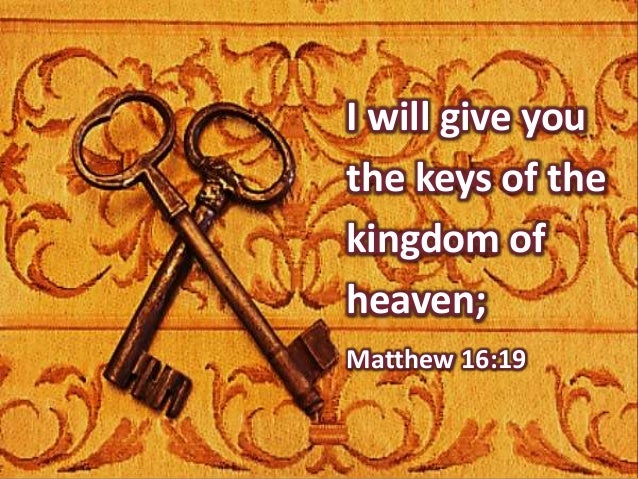

This client builds embedded devices found in offices around the world. They needed someone to help them out of a jam-and fast.

"The antisemitic tweets of murdered Saudi writer Jamal Khashoggi The tweets, still online as of Apshow a pattern of anti-Jewish views that even hinted at references to the antisemitic Protocols of the Elders of Zion.It was a warm, late summer afternoon when a long-time client called. Same for Syria, and the rest of the region. It should not be forgotten that for all Saudi has done wrong in Yemen, Iran is by FAR the bad actor in that situation. some of which happen to be aligned with Saudi interests.

A better balance can be struck on nurturing Saudi evolution into the 21st century + holding them accountable for 21st century human rights standards, while keeping a realist eye on price at the pump along with countering Iran's malign influence in Yemen and other places important to global commerce. For all the faults of Saudi, and MBS, he is the most progressive leader Saudi has ever had. And we can see some of the cost of that at our gas pumps every day. It is unfortunate that on the left, being an anti-Jew bigot is again culturally acceptable. If he had said equally offensive things about any other minority group the so-called "progressives" would have cancelled him a long time ago. In fact the guy was an insane Jew-hating bigot. In fact the US needs to pay more attention to developing narratives, and past actions that have affected the US, due to ignoring that one sentence especially for present developments within the boundaries of specifically the US.Īn objective person does not have to agree with dismembering Kashoggi to know that he was no saint. Both democracy promotion and civil-society building face two primary obstacles: active resistance by authoritarian regimes and a lack of tangible performance measurement criteria." That quoted text is from page xix from the Summary of this: That last sentence is more than appropriate for any balancing act especially between the US and Saudi Arabia. government, particularly the Department of State, which traditionally has focused on engaging with governments. Such a strategy presents specific challenges to standard operating procedures of the U.S. This broad approach takes a long view, gradually building democ- racy and liberal values through a grassroots, bottom-up effort.

These include programs promoting economic opportunity, independent and responsible media, environmental pro- tection minority or gender rights, and access to health care and educa- tion.
#KEYS TO THE KINGDOM PLUS#
efforts at civil-society development are broader than democracy promotion-they include all of the programs designed to promote democracy plus those with mandates not squarely involved with democracy per se. In theory, as civil society emerges, moderate networks follow, and vice versa. "The development of civil society and network building are inte- grally linked: both mutually reinforcing and mutually dependent. Relations between the two countries had for three-quarters of a century been mostly cooperative, above all on oil-related matters: In exchange for the Saudis pumping copious amounts (thereby reducing price pressures), the US provided the advanced arms and intelligence the Saudis required for their security. This is an eternal debate for US leaders and policymakers. Call this the debate between idealism and realism. To what extent should foreign policy seek to shape other countries’ internal characteristics, namely by promoting the spread of democracy and human rights, rather than focusing on influencing other countries’ external behavior in an effort to promote hard interests such as security and trade. In some countries, there are also debates over how foreign policy should be made and carried out in the United States, for example, this debate involves the role and powers of Congress versus those of the president and the executive branch.įor democracies, though, there is an additional debate over goals. Then there are debates over tools (diplomacy versus sanctions or military force) and means (unilateralism versus multilateralism).
#KEYS TO THE KINGDOM HOW TO#
The most basic is how much foreign policy to have, or how to strike the right balance between addressing domestic issues and problems abroad – in extreme form a debate between isolationism and internationalism. NEW YORK – Several recurring debates animate foreign policy.


 0 kommentar(er)
0 kommentar(er)
